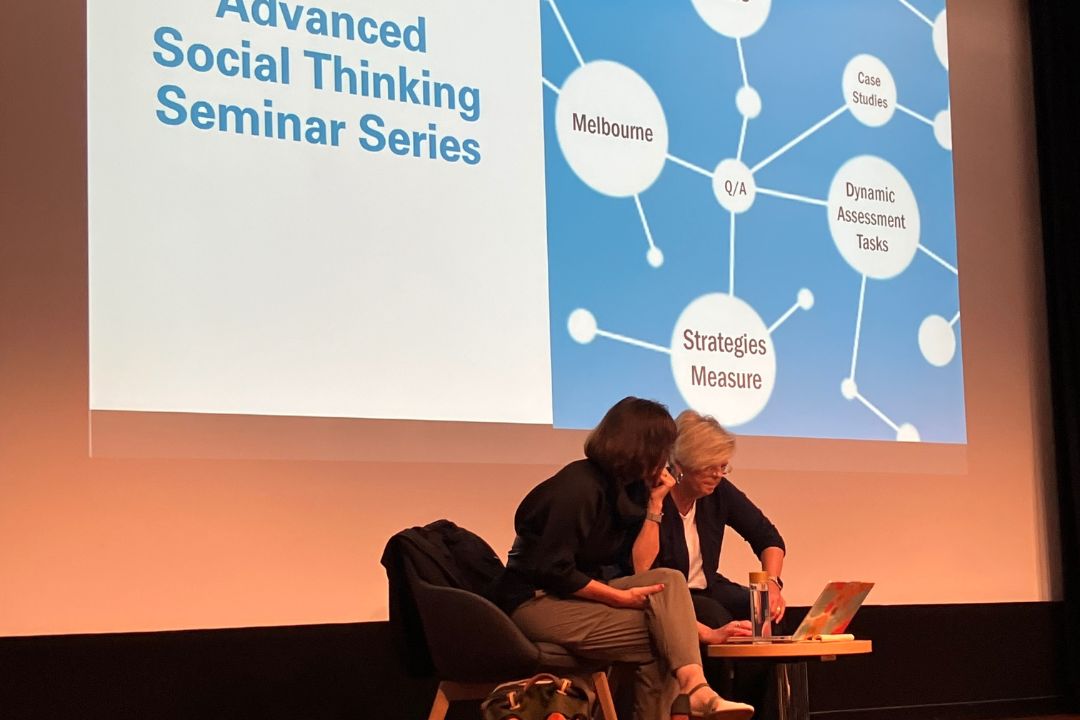At The Therapy Network, we often get asked: “What’s the deal with all these functional assessments? Why does everyone seem to be talking about them?”
It’s a great question—and one that reflects just how important Functional Capacity Assessments (FCAs) have become in today’s disability support landscape, particularly within the NDIS.
Whether you’re a parent, carer, support coordinator, or someone navigating the NDIS yourself, here’s what you need to know.
What Is a FCA?
A Functional Capacity Assessment is a comprehensive look at an individual’s ability to perform everyday activities. It helps to determine:
- What a person can do independently
- What support they need to do things safely or effectively
- How their disability impacts daily functioning in areas like mobility, self-care, communication, learning, and social interaction
At The Therapy Network, our OTs play a vital role in helping participants access the right supports by understanding their daily life in rich, practical detail.
Why All the Buzz?
1. NDIS Funding Decisions
FCAs are often used by the NDIS to justify funding for supports, including:
- Support workers
- Assistive technology
- Home modifications
- Therapy services
They help make the case for reasonable and necessary supports.
2. Access Requests & Plan Reviews
People applying to access the NDIS often need a FCA as part of their Access Request Form.
Participants going through a plan reassessment or plan review may need one to demonstrate changing needs.
3. Shift Toward Evidence-Based Practice
The NDIA is increasingly expecting objective, measurable evidence in reports. A FCA gives a structured way to show:
- Functional strengths and limitations
- The impact of the disability on everyday life
- How supports make a difference
4. Rosters of Care & Supported Independent Living (SIL)
A high-quality FCA is often required when applying for SIL or preparing a Roster of Care—especially when 1:1 or overnight support is requested.
5. Holistic, Person-Centred Planning
Done well, a FCA doesn’t just tick a funding box. It provides valuable insights to support goal setting, future planning, and multidisciplinary coordination.
But… It’s Not Just About Paperwork
The best FCAs:
- Are collaborative, involving the participant and their support network
- Are strengths-based, not deficit-driven
- Reflect the individual’s goals, values, and unique circumstances
- Consider both capacity and performance (what someone could do vs. what they currently do with or without support)
All the buzz is because FCAs are now a critical tool in the disability sector:
- They influence funding
- Support access to services
- Guide planning and support delivery
- And above all, they help tell the person’s story in a meaningful, functional way
Reach out to The Therapy Network today to book an FCA or learn more about our process.
We take pride in writing assessments that make a difference—because we know it’s about more than paperwork. It’s about people.





